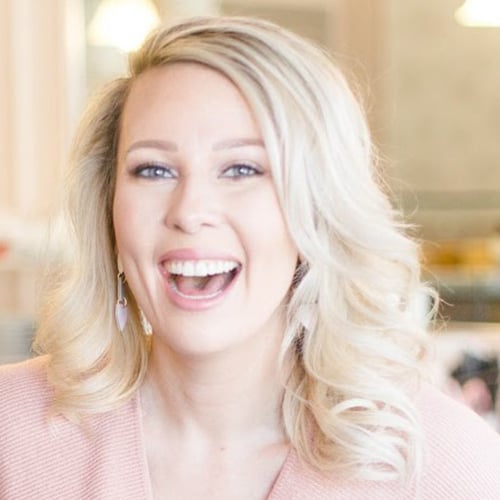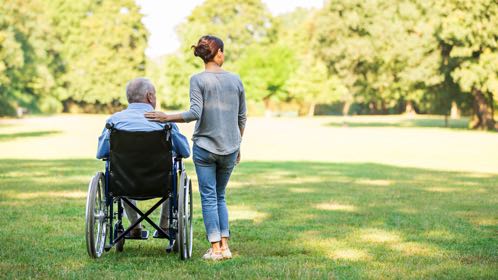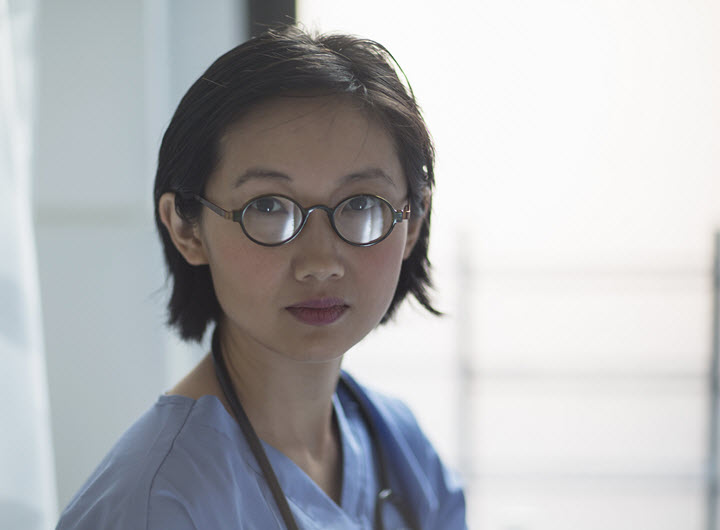Caregiving Doesn’t Stop When Chemo Does

Being on the outside as a loved one goes through cancer can be extremely difficult. Perhaps even more so once the chemo is over.
The guidelines for how to provide support during active treatment are relatively clear. What about when treatment ends?
Many people think the end of treatment is the finish line. But it can actually be the beginning of depression, anxiety, and emotional and physical distress.
The collateral damage of the diagnosis continues. At the same time, messages and support begin to die off, which can often leave the patient feeling alone and forgotten.
Chemotherapy isn’t the end
My husband was my rock during breast cancer treatment. He is a doer and always prepared. He came to every appointment, took notes, managed my meds, and nursed me back to health.
A cloud of fear descended on me as I neared the end of chemotherapy. I was used to regular appointments, checkpoints, and monitoring. Ultimately, the fear of the unknown paralyzed me.
I felt very isolated and alone in my fear and sadness, but my friends and family assumed I was fine. They expected life to go back to “normal.”
But everything had changed. Cancer didn’t just disappear overnight. It loomed above me, threatening to return anytime.
Shouldn’t I just be glad that I was alive and had finished treatment? I wanted this to be true. But the depression worsened. It was fueled by my fear, guilt, and sadness.
My husband had been actively involved in every step of my treatment up to that point. He saw me begin to withdraw and wasn’t sure how to help.
I struggled to connect with the people around me. The fear of recurrence consumed my every waking thought and so did the worries of building a life after cancer.
Asking for help
This wasn’t the first time I’d experienced depression. In fact, that helped me to recognize my downward spiral. I realized it was time to ask for help.
I first turned to my husband. Our relationship had a strong foundation of open communication, and I knew that the only thing holding me back from getting help was my own resistance to share.
The very first step was sharing my true feelings with him. It was scary to let someone in and admit how the fear had consumed me, yet sharing also freed me.
I no longer felt alone in my feeling sad and helpless.
Seeing a therapist
My husband and I decided that I needed professional help. The depression had begun to impact my ability to complete daily tasks, and I was not sleeping.
Seeing a therapist who specialized in cancer survivors was the first step in my recovery. Therapy combined with medication helped me to begin my slow mental recovery.
Re-connecting with my husband
It was now time to work on my relationship with my husband. I owed it to him, and I made it my job to help him find new ways to be supportive.
We decided to approach support from a new mindset. I didn’t need him to take helpful actions like he did during treatment.
Now I needed emotional support. We had to navigate relearning our interactions, what life was going to be like after treatment, and how we could back and meet one another’s needs.
This idea meant I needed to reflect on what actions could provide me with the emotional support I required. It took me a while.
I eventually brainstormed a list of things I believed would make me feel emotionally supported. Some of the things that helped me were:
* asking “how is your heart feeling today?” to get right to the discussion I needed
* giving me hugs and kisses
* snuggling with me on the couch without “doing” anything
* making dinner for me
* holding me while I cried
* asking me about my day
* offering to just listen instead of “solving”
It truly helped my husband to have a list of ways he could demonstrate his love and emotional support for me.
Making change in our lives
Don’t get me wrong, the shift in our relationship and our support dynamic didn’t change overnight. It took practice and honest feedback.
As a result, we both learned how to better express our needs and communicate our emotional state.
Support took on many forms in the years following my diagnosis. It included actions, and touch, and even the written word. The key to our success and my healing was ongoing open communication!
The takeaway
Even though the treatment may have finished, don’t hesitate to open up to the people you love if you’re struggling to live with the aftermath of a cancer diagnosis.
Similarly, as a caregiver, don’t be afraid to share the struggles of supporting a loved one. You will likely be a vital part of their emotional healing after cancer.
Yes, making change will be hard on both parties, and it may require a shift in habits and communication. But the important part is not to give up.
Be open with your needs and be willing to try new things. Given time, you will grow together.
For more information on how to manage a cancer diagnosis, reach out to your doctor or healthcare team.












